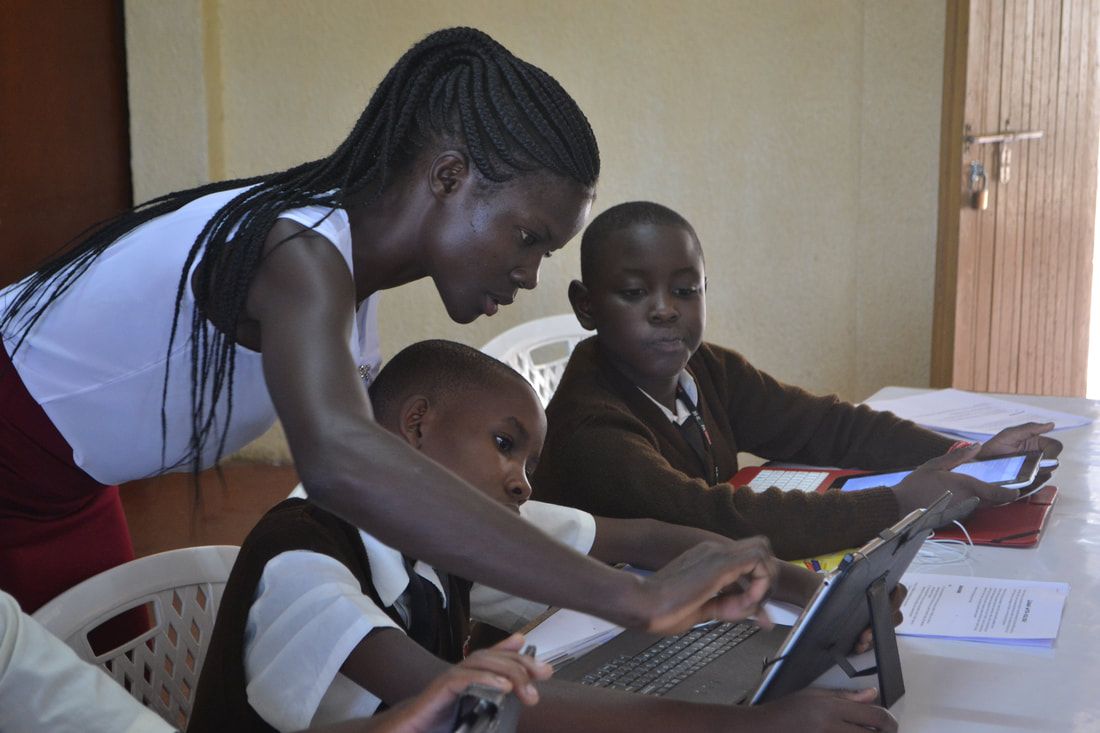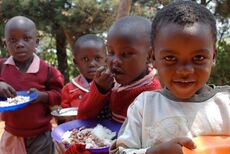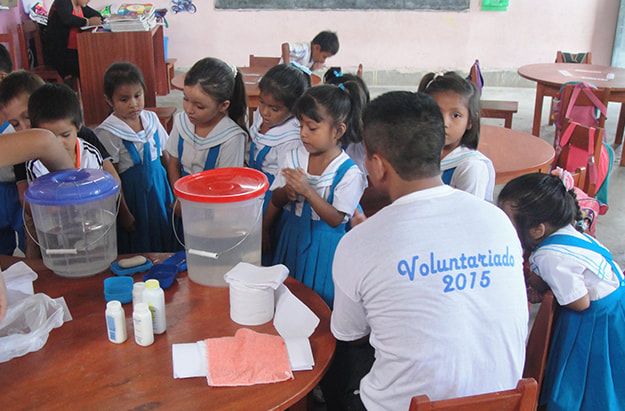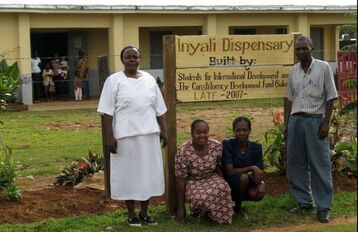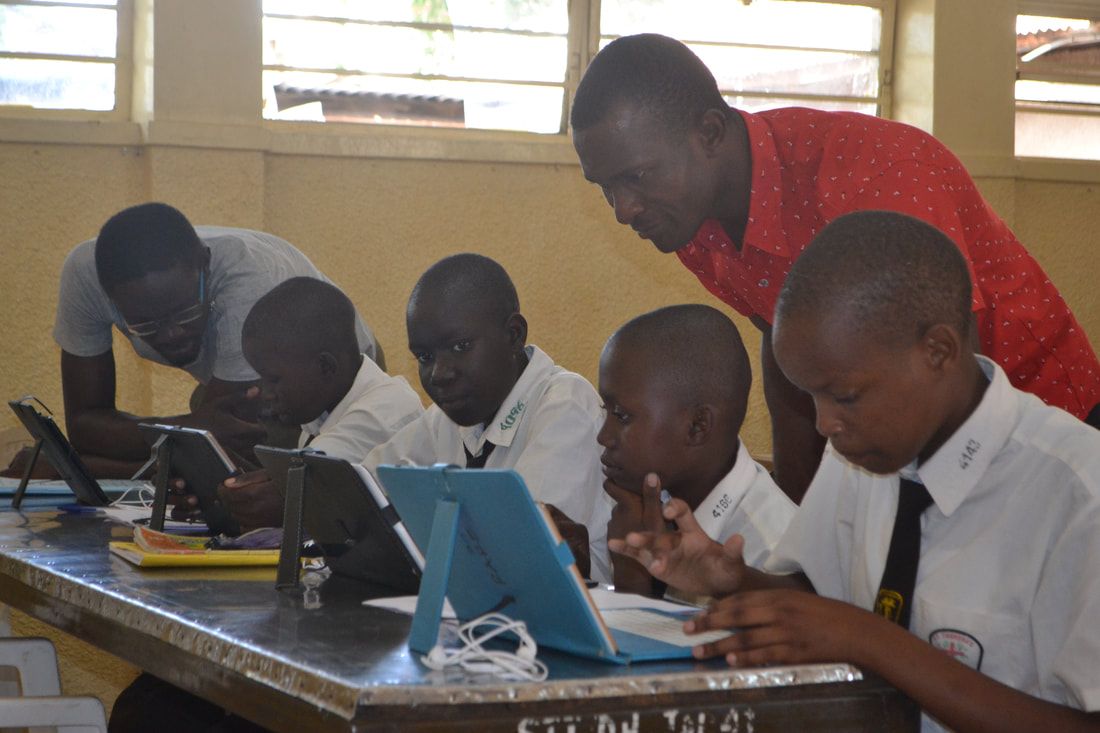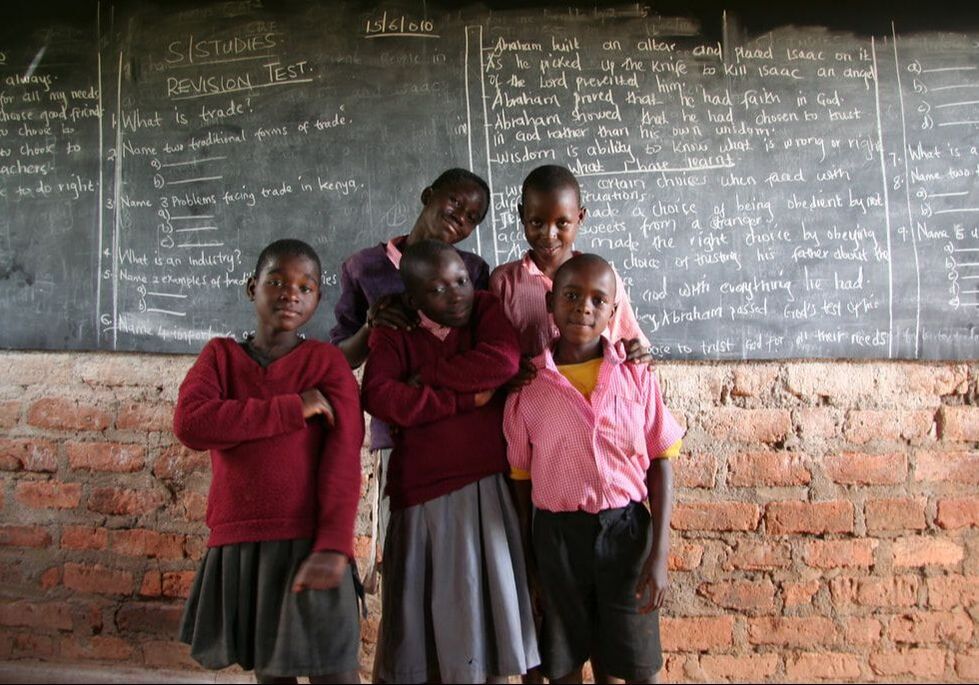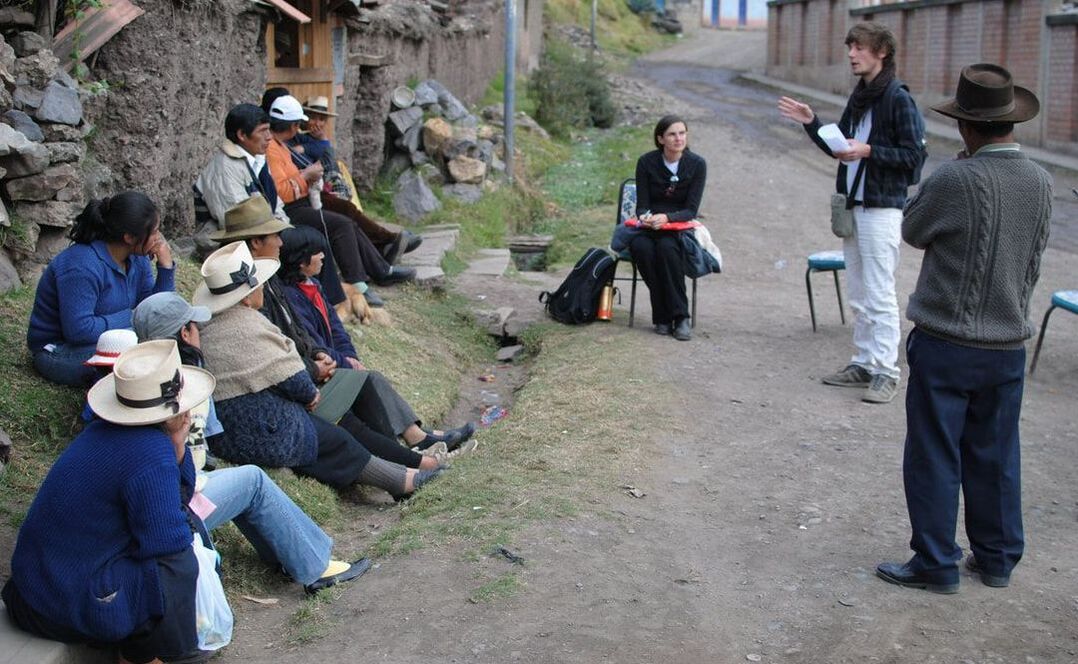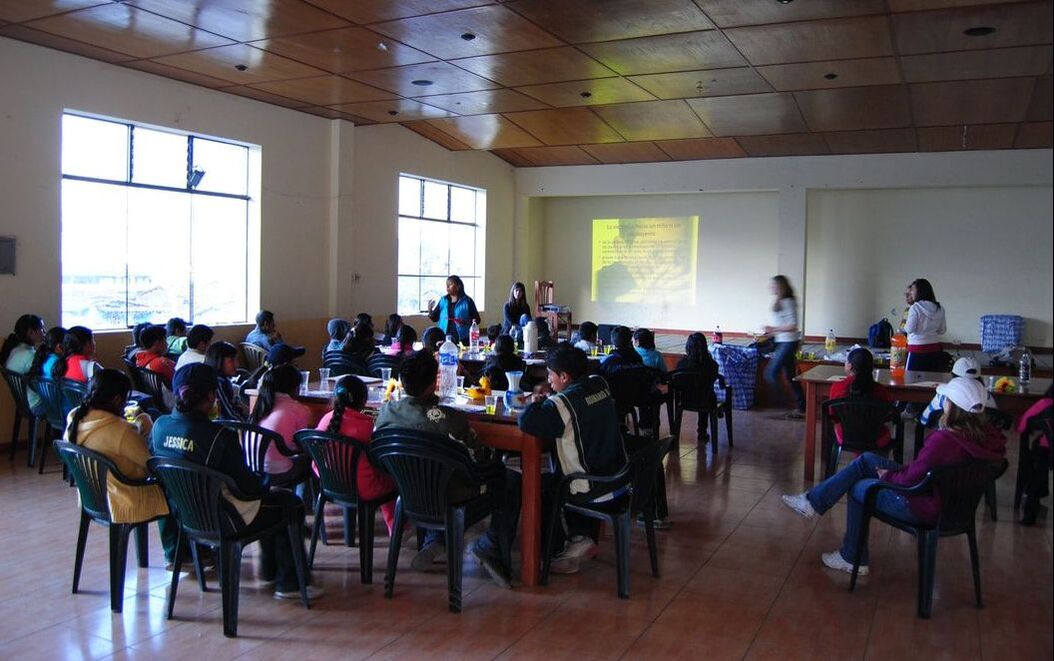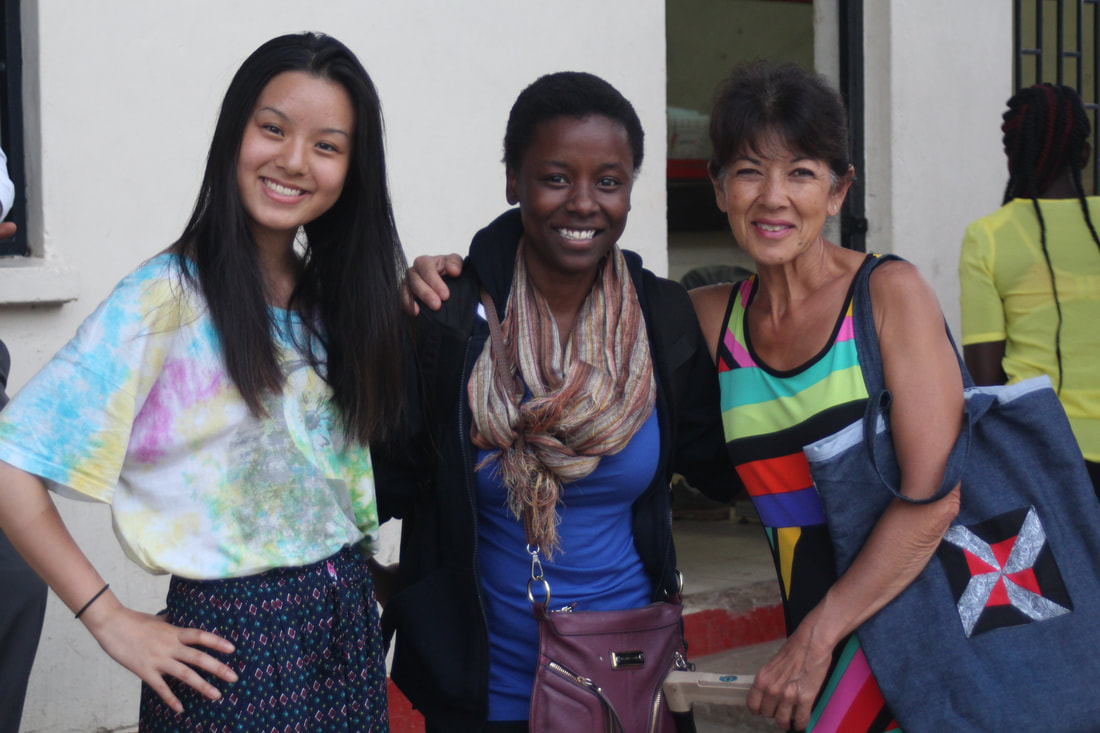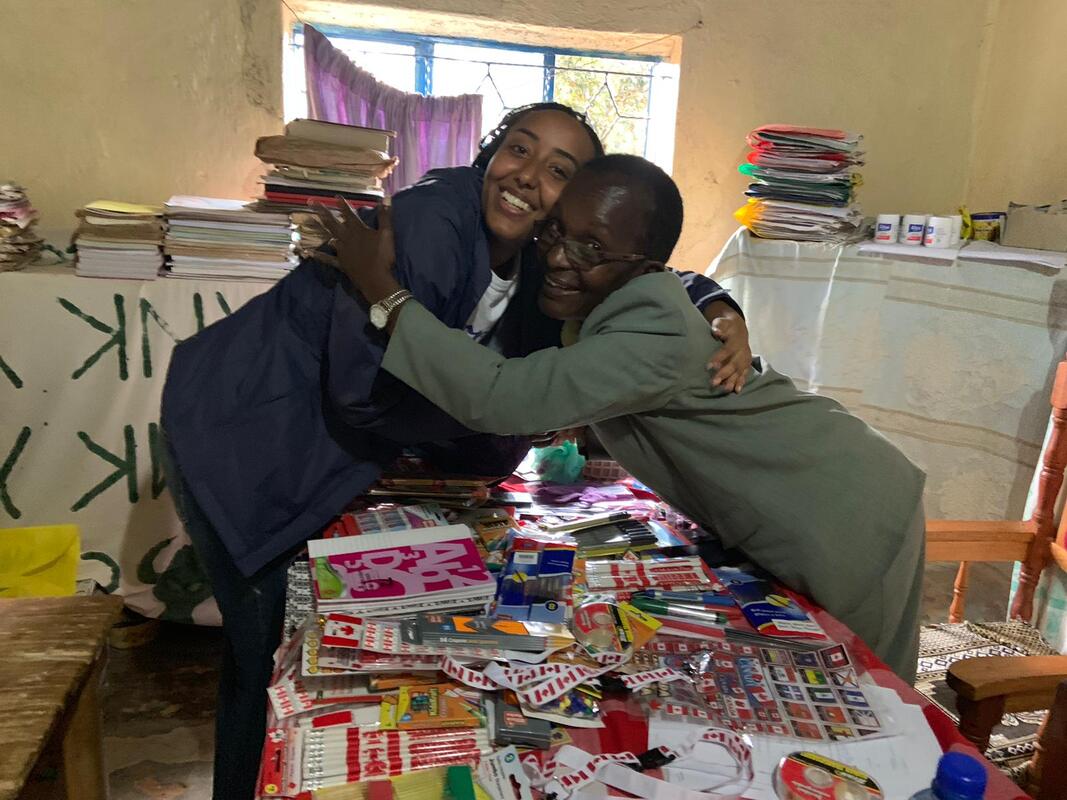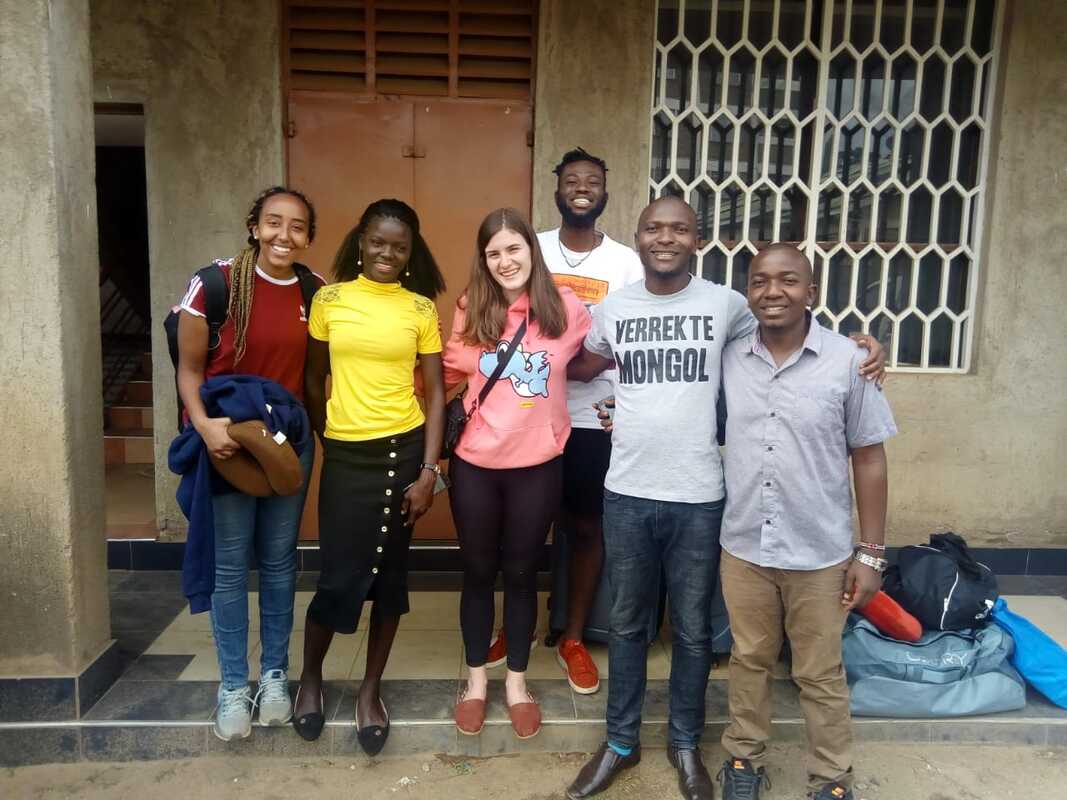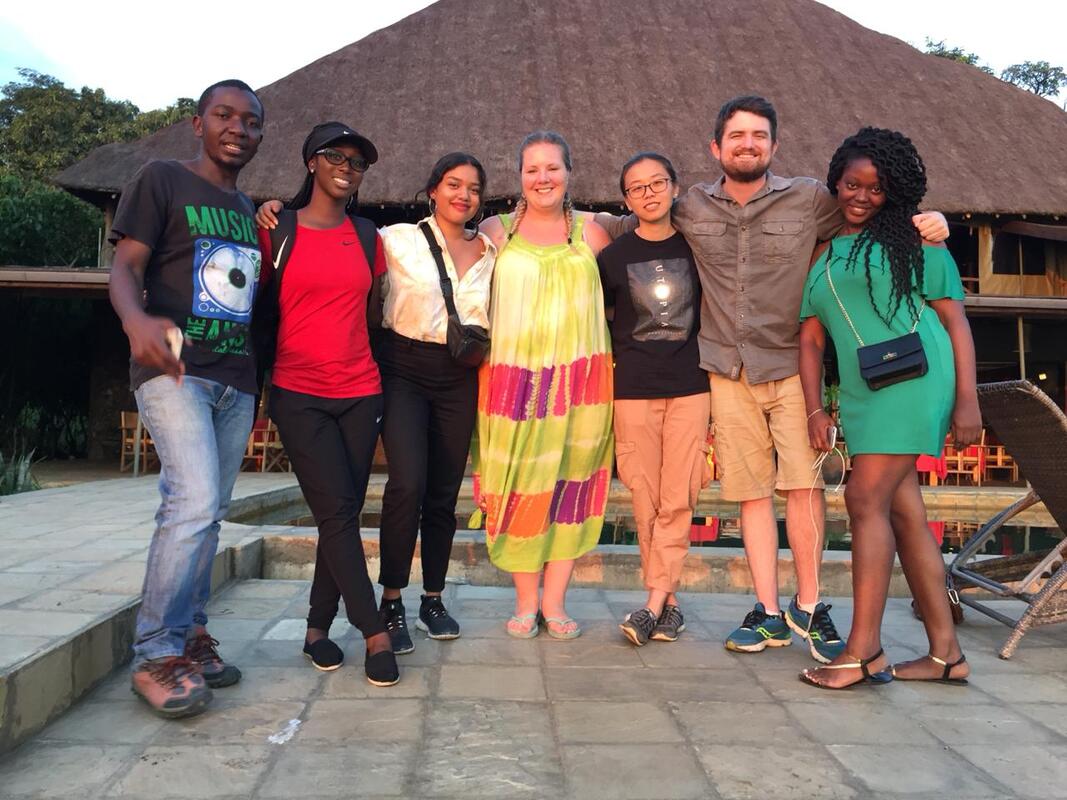Want to volunteer overseas with us?
If you are under 25, we recommend you work with us through our formal internship program, Students for International Development (SID). Through SID, we host 15-30 volunteers per year in close-knit teams of 3-6 per site, typically for 10-12 weeks at a time. The program provides over 40-hours of pre-departure training resources and field-based training with a focus on professional skills for project management in developing countries.
If you are over 25, you can still join us via SID, but we are also open to creating bespoke arrangements based on your skills, experience, availability, and living preferences. Email our founder ([email protected]) if you would like to chat about these options.
If you are under 25, we recommend you work with us through our formal internship program, Students for International Development (SID). Through SID, we host 15-30 volunteers per year in close-knit teams of 3-6 per site, typically for 10-12 weeks at a time. The program provides over 40-hours of pre-departure training resources and field-based training with a focus on professional skills for project management in developing countries.
If you are over 25, you can still join us via SID, but we are also open to creating bespoke arrangements based on your skills, experience, availability, and living preferences. Email our founder ([email protected]) if you would like to chat about these options.
Providing Young Adults with the Training and Field-Based Internships needed to Reduce Global Poverty in Kenya and Peru.
Volunteering and Grassroots Organizing is in our DNA, as is partnering with local community members and stakeholders. We are a volunteer-run organization driven in tandem with full-time field-based coordinators. Together, our programs, training, and projects have been a success due to the partnerships and productivity produced by volunteers, organizational members, and field partners alike. A community effort meant to ensure relevance, sustainability, and quality long-term management.
|
How are we different from other International Volunteer Organizations?
|
Why Join Us?
|
WHERE WE WORKEach country where we work offers a unique set of challenges and learning experiences. In Kenya, we work in the lush and densely populated rural and peri-urban areas around Kenya’s third largest city, Kisumu. In Peru, our volunteer teams work in Huanchaco, a Coastal Township on the outskirts of Trujillo, Peru’s second largest city.
WHAT WE DO
INTERNSHIP POSITIONS
HOW TO APPLYEmail your resume to [email protected] (Subject: Name – Country – Position)
Click HERE to submit a short online application We will contact you to arrange an interview - Good Luck! COST AND LOGISTICS SID provides training and field orientation, full-time field support, accommodation (usually shared rooms), team meals at home, and local transport. We cover the cost of living and field support through program fees, which we keep as low as possible. Our goal is for SID to be the most affordable international volunteer program around so that we can attract strong people from diverse backgrounds.
Offset your program costs by fundraising Each year, our project teams raise tens of thousands of dollars by soliciting donations, organizing events, mobilizing schools, and applying for grants. We provide volunteers with a variety of resources to assist in fundraising both for their own program costs (i.e., templates for university travel grants) and for their project. Additionally, for every $100 in donations you raise for PfID's international projects, PfID's founder will personally chip-in $25 towards your program fee, up to a maximum of $1500 CAD per person and a maximum of $15,000 CAD per year (on a first-come, first-serve basis).
Frequently Asked Questions
Does SID take jobs away from local employees?
No! For every additional international volunteer or employee in our team, we are able to employ between 1 to 5 locals, depending on the nature of the project. Our global team members typically take on managerial and leadership roles that are relatively expensive and difficult to fill in low-income rural areas, allowing PfID and our partner charities to reinvest overhead money into program delivery.
Is it realistic to expect university students to effect significant change in a foreign country in the span of several months?
You may be skeptical, and rightfully so. The learning curve is steep. We don’t expect our members to move mountains, but we have seen them do pretty awesome things. Here are some of the achievements of some of our youngest alumni:
How much should I budget to volunteer with SID?
Please see our costs section of the page
What is the minimum work period overseas?
It varies by project. Typically 8 weeks. The vast majority of members work overseas for 10-14 weeks.
What is the deadline to apply?
We fill our project teams using rolling admissions, starting as early as 7 months in advance for more complex projects to give sufficient time for planning, training, and resource development. We recommend applying at least 4 months before your planned arrival date. An early application also helps us work with you to obtain the necessary visas/entry permits on time.
When can I work overseas with SID?
Our main project cycles take place from May – August, but we are interested in having people join our field teams year-round.
How much work is involved prior to departure?
Roughly 35 hours pre-departure, though it depends how far in advance you join our team. Budget at least 20-hours to complete our pre-departure training program. There are plenty of readings, case studies, and even a few written tests you’ll need to pass (for your own health and safety). Budget 10-15 hours for paperwork, travel medicine, visas, packing, and other personal logistics.
What happens after I finish the overseas component?
We need our alumni to stay involved so that our projects can grow. Here are a few avenues:
Can I do a independent study project / practicum for my university on the side?
Yes, as long as you will be able to commit regular full-time hours to your project with SID. If you require someone in SID or a partner charity to fill out paperwork to vouch for your hours or job responsibilities, please give us several weeks advance notice. If the paperwork is onerous, we would kindly ask you to assist your supervisor in completing it.
what support will I receive overseas
In Kenya, you will have logistical and project management support from local full-time staff who work on PfID's projects. Our staff provide comprehensive orientations, training, and organize socials and optional weekend excursions.
How many people have gone overseas with SID?
250+ as of 2019
What’s the typical age range of team member?
20-25
Is there a minimum age?
The greater of the age of majority in your home country or age 19
Do I need to speak the local language?
In Latin America, intermediate-advanced Spanish is required (equivalent to third-year college Spanish). We may make exceptions for strong candidates who are enrolled in third-year level Spanish and who are willing to hire a tutor when they are in the field.
|
|
|

